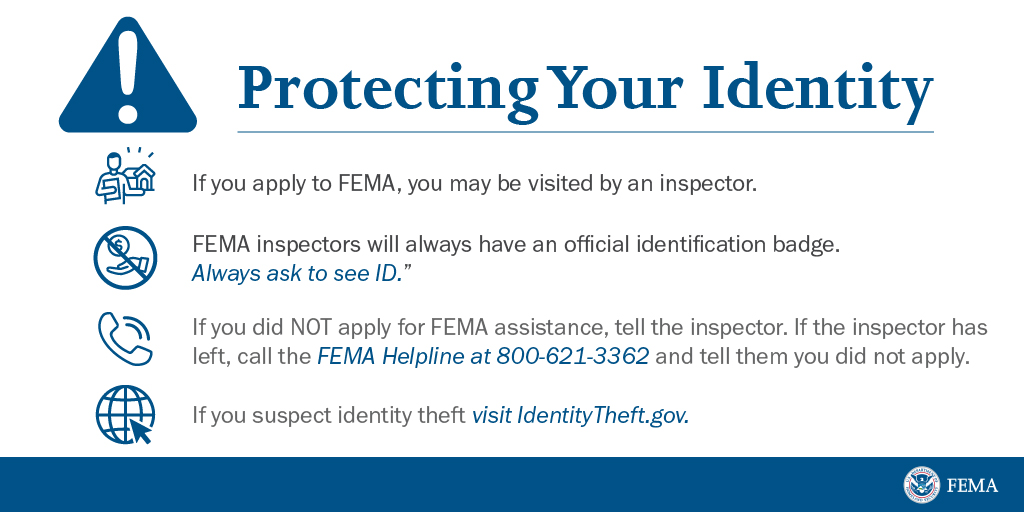English | Español | Français | 简体中文 |Kreyòl ayisyen | Tiếng Việt | 한국어
We continue to work with federal, state, local, tribal and community partners to support the ongoing response for Ida. As clean up efforts begin, this page offers answers to frequently asked questions and rumors about Louisiana (DR-4611).
Rumors and Scams
Do your part to the stop the spread of rumors by doing three easy things:
- Find trusted sources of information.
- Share information from trusted sources.
- Discourage others from sharing information from unverified sources.

Frequently Asked Questions and Rumors
Use the dropdown menu to filter by the type of question, or type in a keyword.

